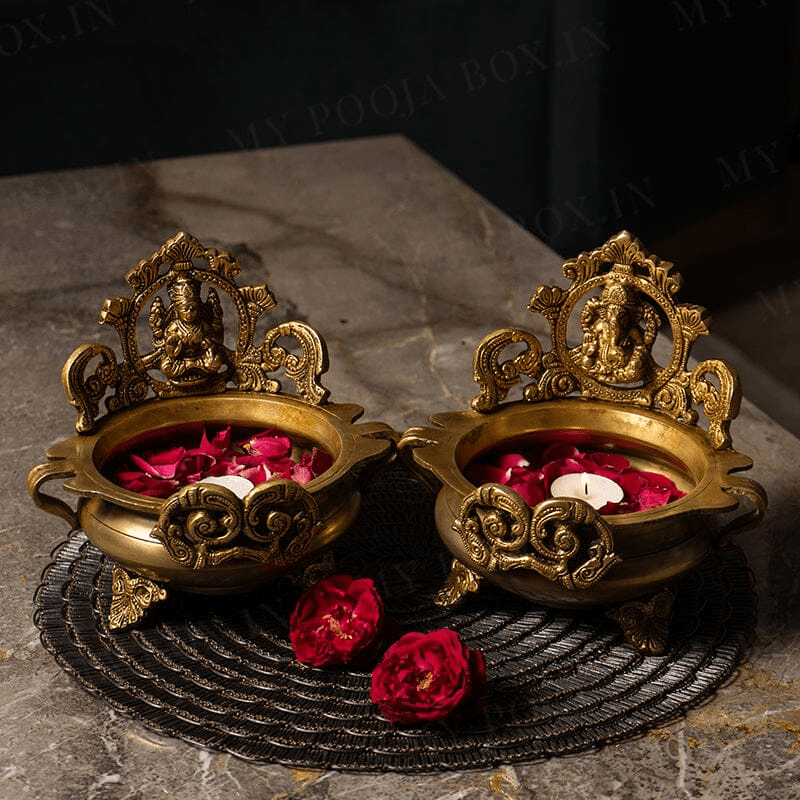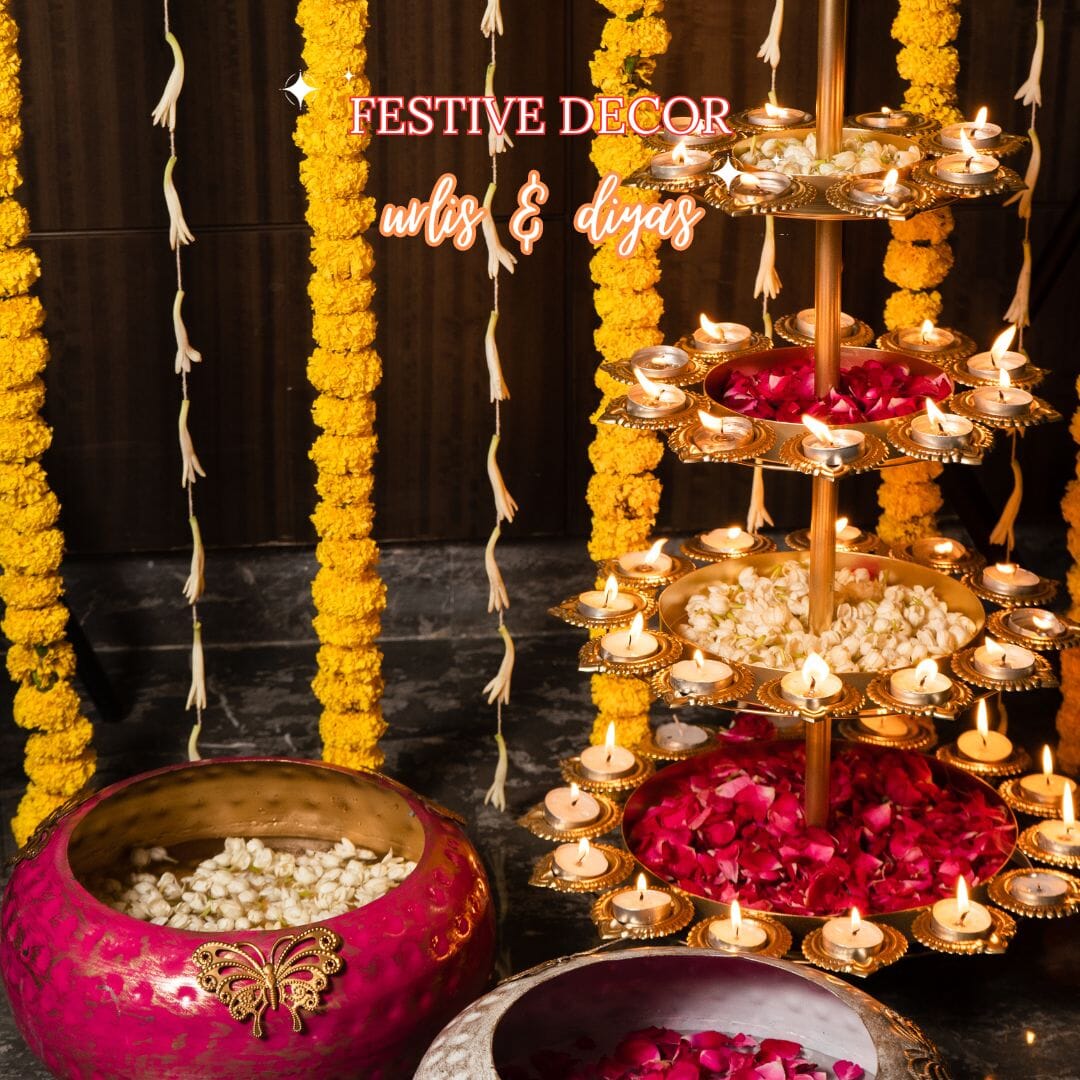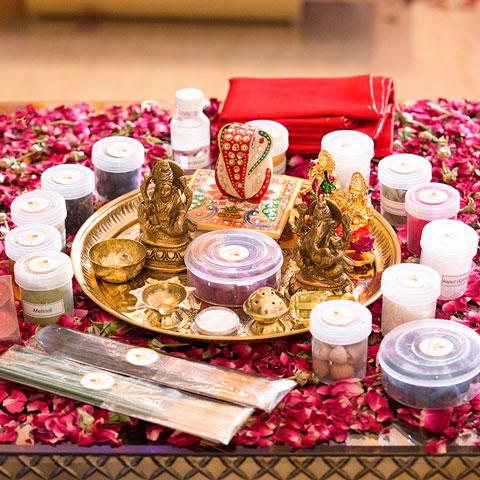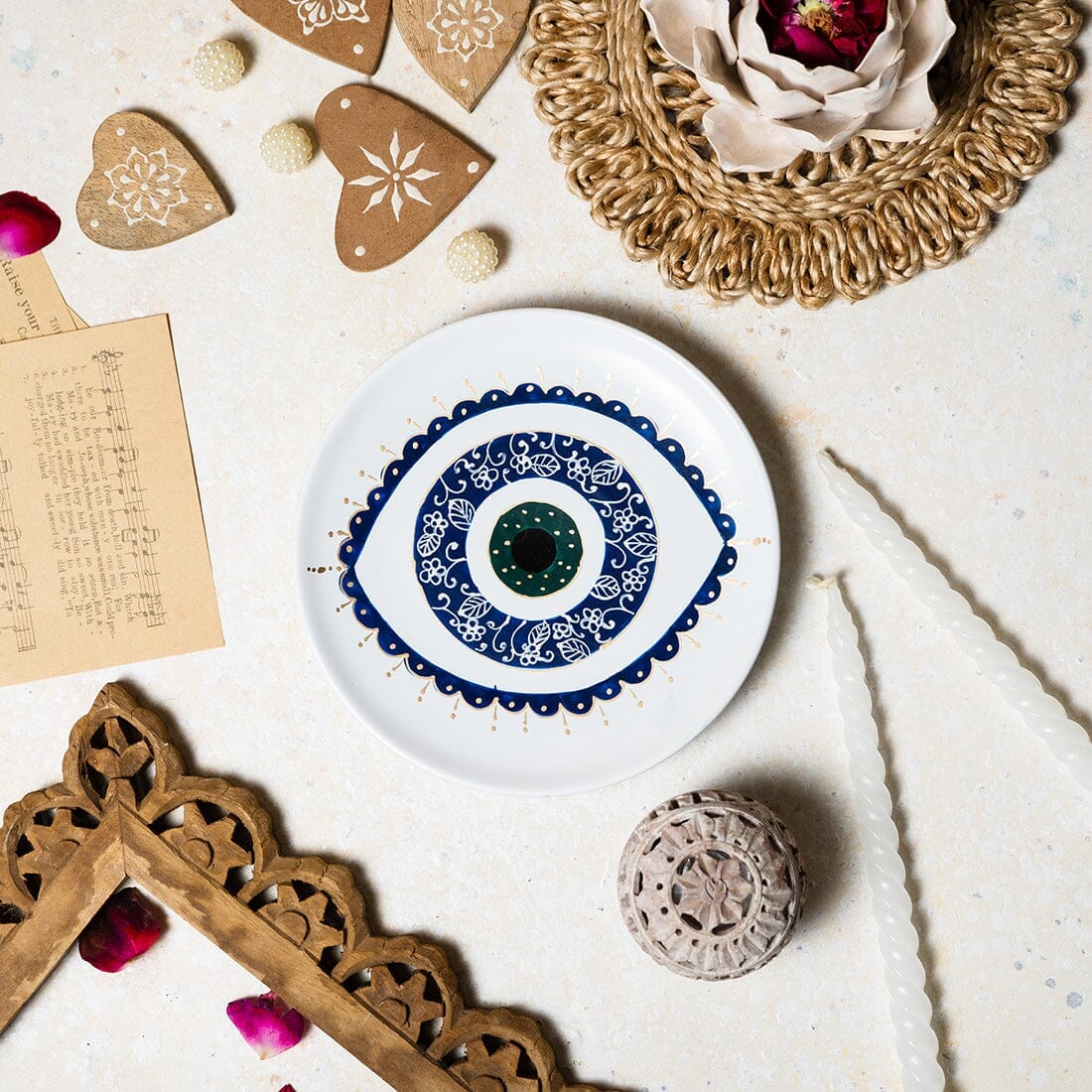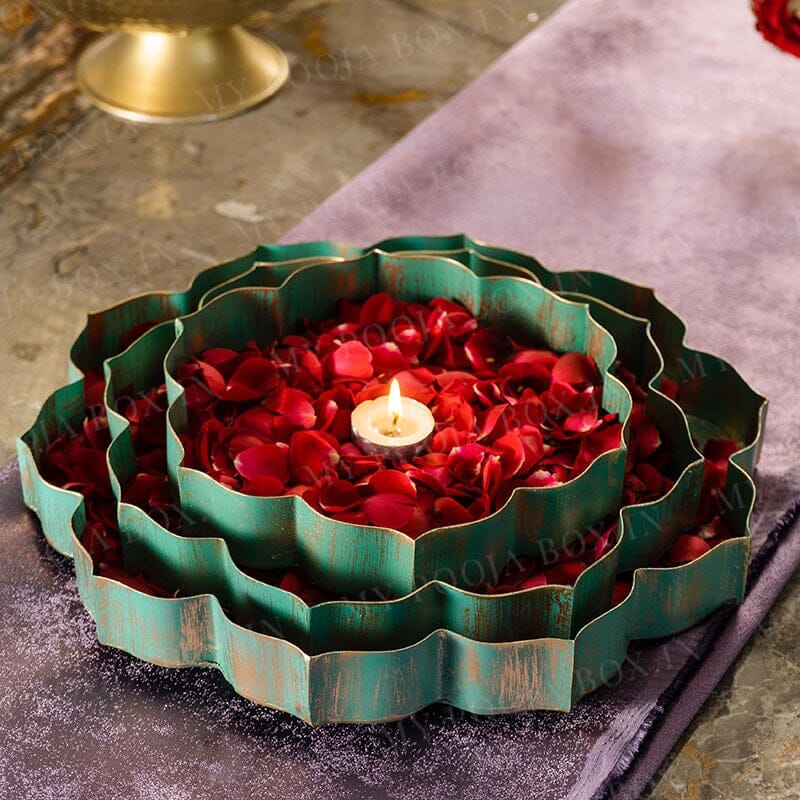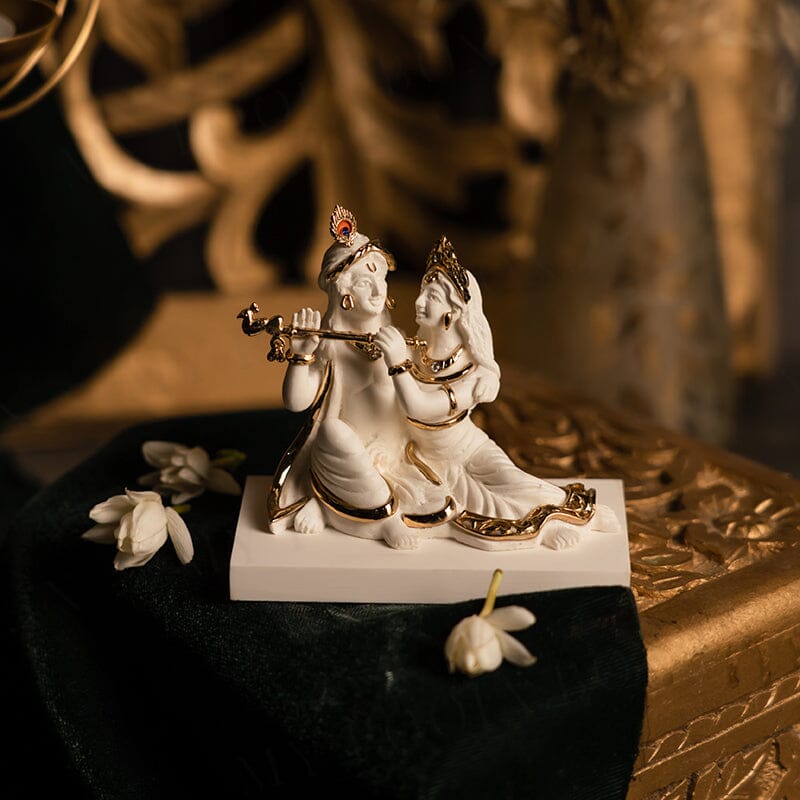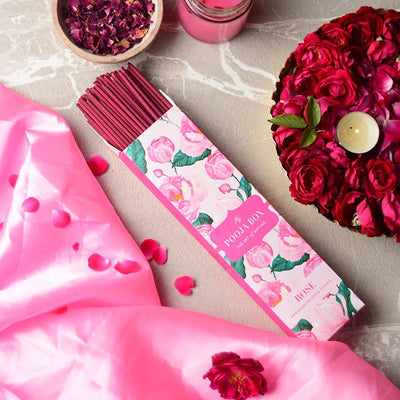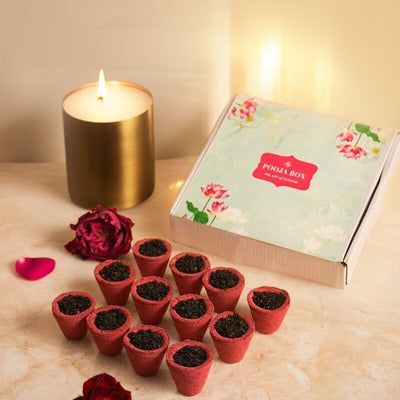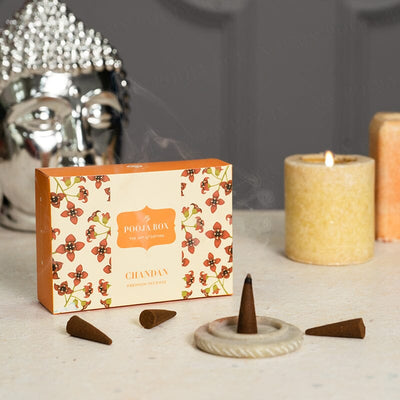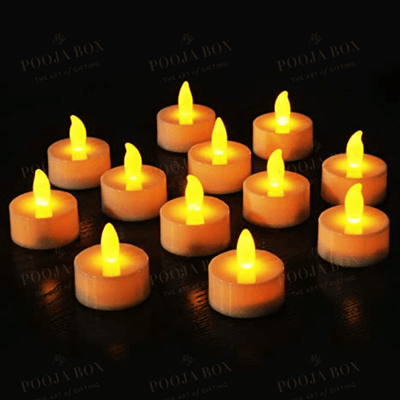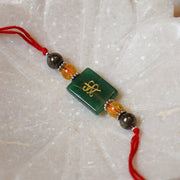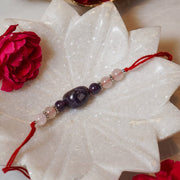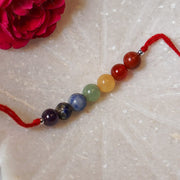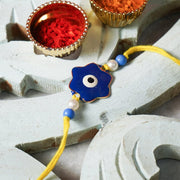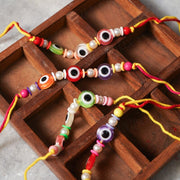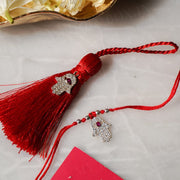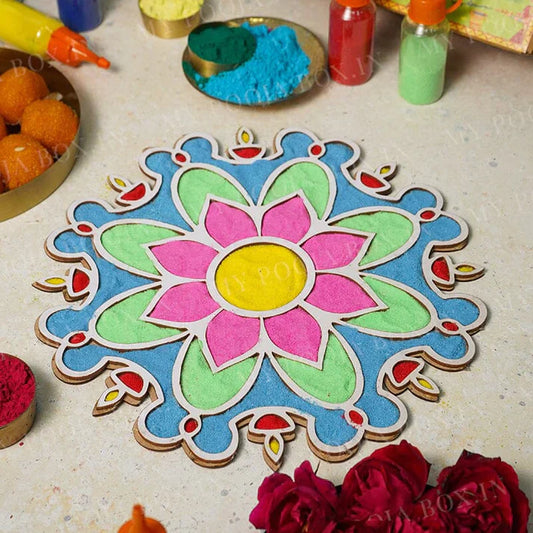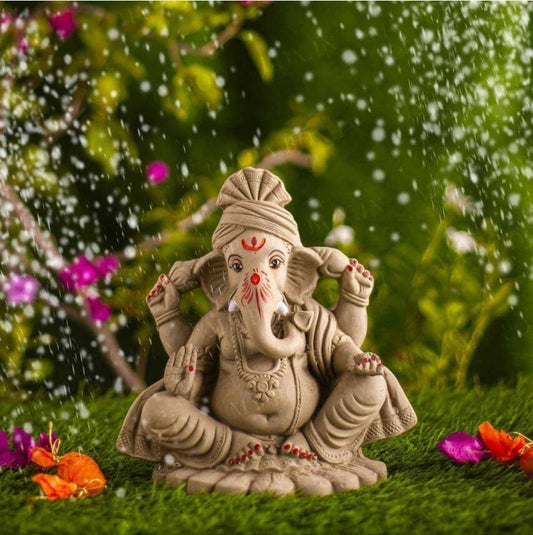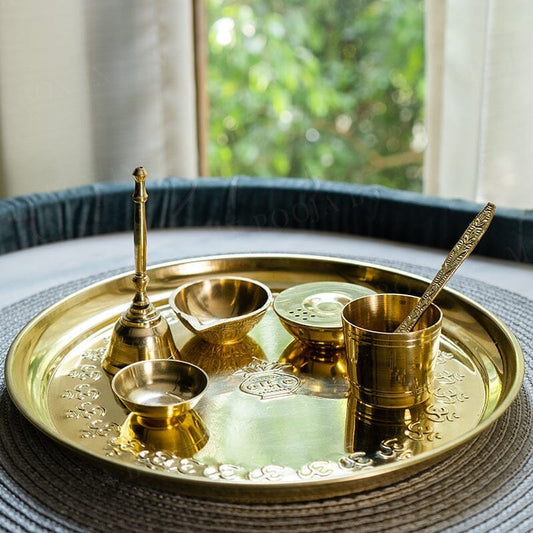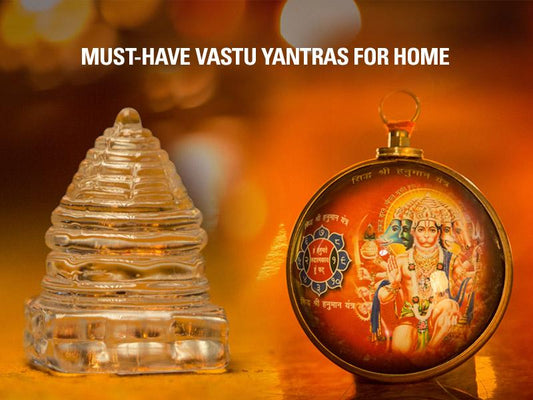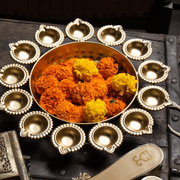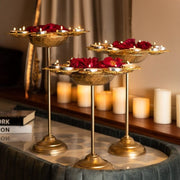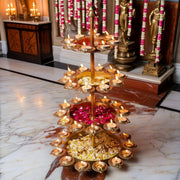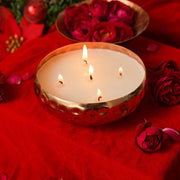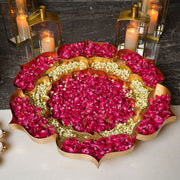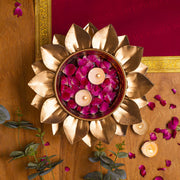Treasuring the pure relation and the essence of the festival beyond celebration, Raksha Bandhan is a special Hindu festival popular among every culture. Also known as Rakhi Poornima or Kajari Poornima, this festival is made up of two words; “Raksha” and “Bandhan”. The former refers to ‘protection’ while the latter stands for the verb ‘to tie’. Reviving the emotional bond between the siblings, the ‘sacred knot of protection’ is tightened, alongside praying for each other’s overall well-being, good health, and safety.
The bond between a brother and sister is extremely pure. It is a blessing to have a sibling and to have one with the opposite gender can also be very thrilling. Throughout your growing years you get to live the best of both worlds. You fight with each other, but you would fight someone else to protect each other. All the teasing, fights and silent admiration is missed once people grow old and apart, and get lost in the busy world. This is when memories come to entrap you in warmth and especially those of Raksha Bandhan.
In fact, Rakshabandhan is also that one little thing that brings brothers and sisters together once a year, irrespective of anything, irrespective of how busy you were the entire year, this one festival patches it all. Rakshabandhan is celebrated all over the world by families following Hinduism. In Sanskrit Raksha Bandhan means the obligation to care and protect. Some lesser heard names of Rakshabandhan are Rakhi, Saluno, Rakri and Silono. But, whatever maybe the name, if there is one thing that is crystal clear is that Raksha Bandhan is a huge festival and a complex one at that if you dive deep into the history of Rakshabandhan to understand how this all began, which is exactly what this article aspires to do.
When is Rakhi 2025?
Do you know when is Raksha Bandhan this year? Rakshabandhan 2025 will be celebrated on Saturday, August 9, 2025 (on Shravana Purnima or full moon day as per Hindu calendar).
Raksha Bandhan Celebration 2025: Date & Timing Shubh Muhurat for the Rakhi Tying Ceremony
-
Purnima Tithi Begins: Friday, August 8, 2025, at 02:12 PM
-
Purnima Tithi Ends: Saturday, August 9, 2025, at 01:24 PM
-
Raksha Bandhan Thread Ceremony Time (Shubh Muhurat): Saturday, August 9, 2025, from 05:47 AM to 01:24 PM
-
Total Duration for Rakhi Tying Ceremony: Approximately 7 hours 37 minutes
-
Raksha Bandhan Bhadra End Time: Bhadra will conclude before sunrise on August 9, 2025, meaning there is no Bhadra kaal during the day for tying Rakhi. So, you can safely tie Rakhi on your brother's wrist during the auspicious muhurat.
-
Raksha Bandhan Aparahan Time: 01:49 PM - 04:24 PM
Raksha Bandhan in today’s time
With the changing times, change in ideas and family dynamics a lot of festivals have added new meanings and arenas to their already beautiful interpretations. Rakhi which was once just a symbol of a bond between a blood brother and sister has transcended into broader and wider meanings. We live in a world where more and more families are becoming nuclear or people are living far away from their homes, and in such times it is not the blood relations but the relations that are made from your heart that comprises your family.Rakshabandhan now is no longer confined to genders, roles and relations. People now associate Raksha Bandhan with anyone that they feel the bond of protection and care towards. Be it brother-sister, sister-sister, brother-sister, friends or anyone in the family. This beautiful tradition has well adjusted with the times and is continuing to provide happiness beyond confinements. It is indeed a matter of pride and admiration that a festival like Raksha Bandhan has incorporated a change in ritual and roles so effortlessly, and we can hope to see the same in other rituals that are now outdated and can afford a little change to be more sensitive.

How to perform the Raksha Bandhan ritual?
Raksha Bandhan, a famous and the most auspicious festival celebrated with fervor and zeal blooms the evergreen brother-sister relation even more. Peeping into the lane of memories created with your siblings, Rakhi Poornima piles up a bunch of special moments every year. Celebrated on August 9, 2025, Raksha Bandhan carries a number of mythological and ancient stories with proper rituals.
Right from getting ready in beautiful clothes, to buying the perfect Rakhi for their brother, sisters do every possible thing to make them feel special. Not just limiting this festival to brothers and sisters, over the years, those sisters having no brothers tie Rakhi to each other. Some of the common yet important Raksha Bandhan rituals that you need to follow. Also, consider some trendy Rakshabandhan outfit for women and Rakshabandhan outfit ideas to look your best!
-
Cleaning and bathing before the ceremony – This might seem as a usual activity, but bathing is all about cleaning and purifying one’s body before worshiping God. Waking up before the sunrise refreshes your mind and keeps you active and cheerful. So, get ready and pray to the Lord for each other’s good health and long life.
-
Fasting for the brother’s overall well-being – As a part of the ritual, a huge number of people observe fast on this day for their brothers. Giving up on the materialistic things, the sisters pray to the Lord, to shower blessing, prosperity, and happiness in the lives of their brothers.

-
Applying Tilak, Chawal on forehead – Once the elegant and pretty thali is ready, the sister applies tilak along with unbroken rice on the forehead. This practice is considered to be the most auspicious ritual in Hindu culture as it helps to concentrate one’s innate energy, open the third eye, wisdom eye, or knowledge. Here, the brother can sit in an Asana or just stand.
-
Performing Aarti – The pooja thali consists of a diya whose holy flames keep your brother away from evil energies, dangers, keep him grounded and safe. Aarti begins by moving the thali in a clockwise direction in front of the brother’s face about 7 times.
-
Tying Rakhi to the wrist – Then comes the most awaited ritual every sibling is excited to perform, i.e; tying Rakhi. Depending on the traditions, some people recite a mantra while tying the sacred thread. Praying for their brother’s success and luck, the sisters add completeness to this emotional moment. Consider a stylish rakhi bracelet or a protective rakhi evil eye for a modern twist. For your brother, explore rakhi for brother or even a bhaiya bhabhi rakhi or bhabhi rakhi!
-
Feeding sweets to each other – Every Hindu ritual or ceremony is incomplete without sweets and so is Raksha Bandhan. Firstly, the sweets are offered to God, and as prasad, a small piece of sweet is fed to the brother who in turn feeds the sweet to his sister as well.
-
Receive return gifts for Rakshabandhan – This is the moment everyone is most excited about. As a token of love, care, and respect, the brothers surprise their sisters with a unique return gift. Pledging to protect their sisters from dangers, and harm, this is where you can find the best Rakhi gift for sister or even a gift for sister on Rakshabandhan. Looking for a rakhi gift for a sister or rakhi gift for sisters? Consider a rakhi gift basket for a delightful surprise. You might also be wondering what rakshabandhan is and how to choose the best rakhi gift! Discover the best gifts for sisters on rakhi.
Celebrating long distance Raksha Bandhan:
No matter how irritating, annoying or boring your siblings are, staying away from them on the eve of Raksha Bandhan is equally a difficult task. You can make this Raksha Bandhan celebration even more enjoyable and fun-filled with mandatory group video calling. Those long talks, enjoying sweets and snacks together with your siblings will make your day joyful!Sending E-Rakhi online paired with Roli-Akshat with a platter and delicious sweets to your brother is an amazing way to dust away the miles.
Looking for gift ideas for Rakshabandhan?
Think about a rakhi with a gift for your brother or a specific rakhi gift. For your long-distance sibling, send a heartfelt brother rakhi message or rakhi greetings to your sister. You might also want to include rakhi quotes for your long distance brother.

Raksha Bandhan in History and Folklores-
The Indian culture is so rich and has a history that runs deeper than the oceans. Every festival has innumerable mythological stories, tales and folktales associated with it. Different parts of the country and different cultures subscribe to different stories and even versions of these stories. Usually, these stories or katha are narrated before Pooja in Rakshabandhan, some of the honored mentions are discussed below. This truly defines the rich Rakshabandhan history. Some of the earliest mentions of Rakshabandhan are in Uttar Parva of Bhavishya Purana, where Lord Krishna explains to Yudhishtir the significance of having Raksha (a thread) that a priest tied to his wrist. In Mahabharata, Draupadi tears her saree to put around Lord Krishna's wound, creating a bond of brother and sister, after which he promises to protect her against all odds. This is a key part of the history of Rakshabandhan. Another popular mythological story is where Lord Vishnu had to leave Vikundam, his residential place, to protect Bali's kingdom. However, Devoted Goddess Laxmi wanted to accompany her husband but could not. So she disguised as a brahmin woman and went to King Bali, stayed in his castle and tied Rakhi on King Bali's wrist on Sharad Purnima, after which Bali requested Lord Vishnu to accompany his wife back to Vaikundam. Since then a tradition of inviting sister's back to brother's home or their maternal home during Rakshabandhan came into being. Whatever may be the origin, raksha bandhan began to be celebrated in the month of Shravana. Historically, Rakshabandhan was more of a ritual where a sacred thread was tied around the wrist of men by priests to provide them protection from all the ills in the world but precisely before going to war. American anthropologist, Mckim Marriott wrote that Rakshabandhan is a mix of two traditions- the one written in the scriptures and the one performed based on folktales and literature. He stayed at a village, where he witnessed Raksha Bandhan and described the festival as the one where all the husbands in the village go to their wives' to bring them back to home sweet home, but not before the unmarried sisters of that village place barley shoots on the heads or ears of these husbands' to express concern and the expectation of responsibility for their sisters, in return of which the brothers presented the sisters with small coins.
How is Raksha Bandhan celebrated across India?
India being a country of 28 states and 8 union territories, and uncountable cultures, witnesses different ways of celebrating the same festival across the country, changing from region to region. However, most of them include tying of a sacred thread. Sisters perform arti on their brothers and the temple in the home, followed by exchange of sweets and gifts topped up with fancy savoury items, lunch or dinner. Usually there is a muhurat, a time span given by the priests which is supposed to be pure and pious in which all the rituals are to be completed. You might be looking for rakhi bandhne ka samay or rakshabandhan ka shubh muhurt kab hai or even rakshabandhan ka timing and rakshabandhan kitne baje se hai.
In Western Bengal, Rakshabandhan is also known as Julan Purnima, where Krishna and Radha are worshipped before the sisters tie Rakhi on the wrists of their brothers. It is a huge affair and most government offices are closed. We have all heard of the ritual of flying kites during Makar Sankranti, but a similar ritual is observed in Jammu on Rakshabandhan. In Maharashtra precisely in the Koli community, which is the fisherman community, the fishermen worship Lord Varuna who is the god of sea to ask for his blessings and protection. The fishermen also offer coconut to him by throwing them into the sea and of course this is followed by sisters tying rakhi on the wrists of their brothers. In Haryana, Rakhi is not just confined to the brothers and sisters. Here people also celebrate salono, where the priests tie amulets around the wrists of people to protect them from evil. In many places, like Nepal, Rakshabandhan is also accompanied by the replacing of Janayu or Janai, that men wear around their chests, along with sister tying rakhis.
The rituals might be different but the feeling is the same, of love.
The Significance of Rakshabandhan
Rakhi, which is a sacred thread that the sisters tie around the wrists of their brothers, is a thread that symbolizes their love, care and well wishes for their brothers with a promise of protection in return. Raksha itself means protection, and bandhan means bond, Raksha Bandhan literally translates to bond of protection between two beings. In Indian culture, many such threads are tied which represents protection against evils. Like the amulets or black threads to protect from evil eyes that people get in temples. During marriages also, women get to wear mangalsutra which signifies the same. We have always appreciated and acknowledged the responsibilities and expectations of protection that come with a formulation of bond in every relation possible and Rakhi is one of them.SHOP NOW
Lumba Rakhi | Designer Rakhi | Silver Rakhi


